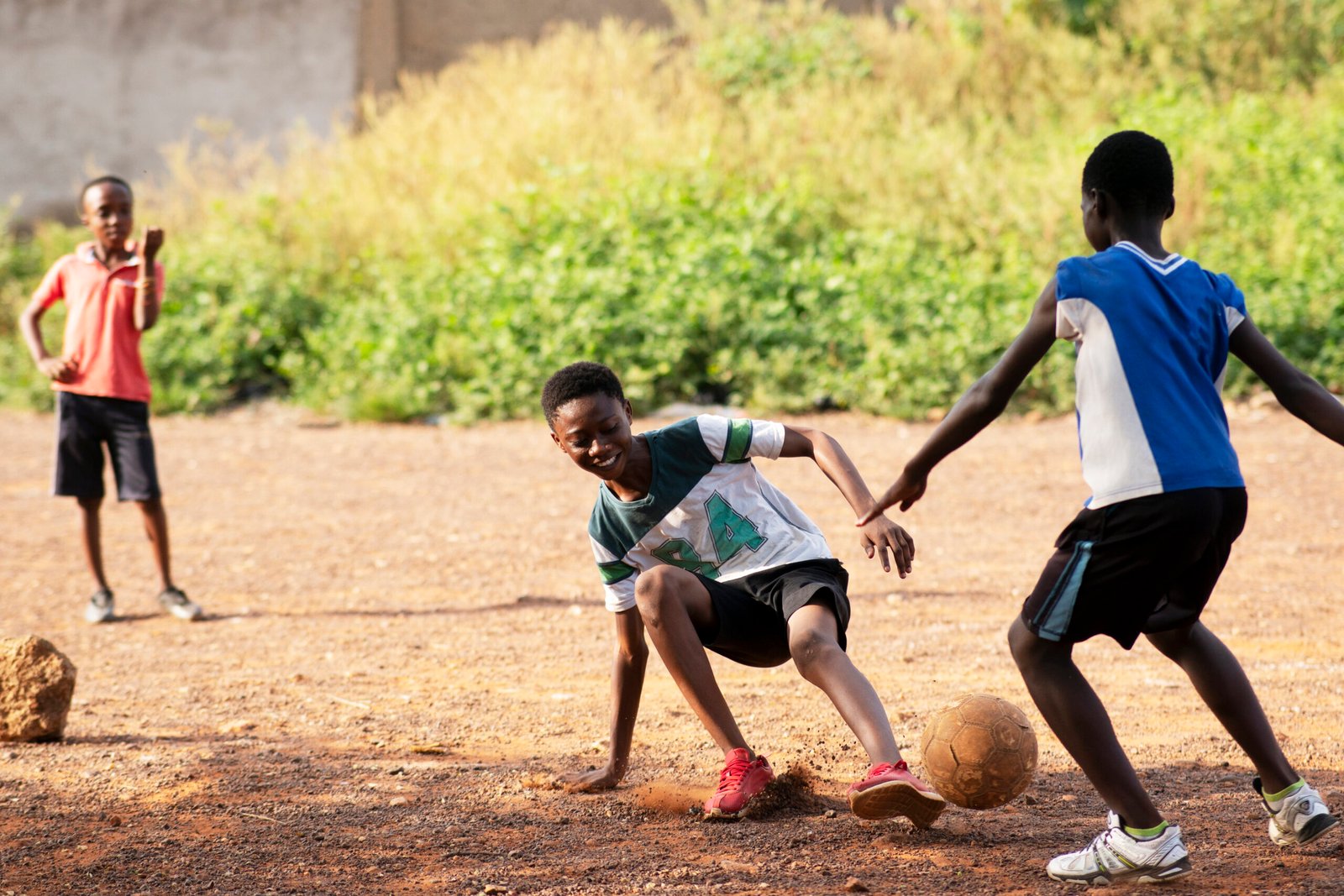Education is not limited to academics alone. The process is about developing individuals to fit into society, and sporting activities play a crucial role. Sporting activities or sports are not just physical-demanding activities. They also contribute to emotional and social well-being, creating discipline and teamwork. Sporting activities provide benefits that can last a lifetime. Here, we take a much closer look at why sports should be in every Nigerian school’s curriculum.
Improved Physical Well-Being
Of course, participating in sporting activities contributes to student’s better physical well-being. Most sports are physically demanding, and our bodies often need to perform at their best. Here is a short list of the many physical health benefits you can expect from students when sports are committed to the program:
- Enhanced Cardiovascular Health
- More strength and flexibility
- Less risk of obesity and related diseases
- Better Immune system
Hence, sports are crucial, and students can’t have access to much-needed physical activities outside the school’s campus.
Better Social Skills
Most sports, from football to basketball, are team events. You need to have good social skills to work well as a team and possibly win more games. The social benefits that come as a result are better teamwork, communication skills, tolerance, and leadership roles. Social Skills are valuable in Nigeria, and sporting activities are one of the sure ways to ensure that a big chunk of society has them.
Improved Emotional Wellbeing
Aside from the obvious physical and social benefits, sports also have emotional benefits. Students who participate in sporting activities are more likely to be relaxed and less stressed. Nigeria has limited mental health resources. While we wait for the resources required, sports remain a possible and proficient way to manage emotions and release some steam.
Potential Challenges to Widespread Sports Adoption In Nigerian Schools and Their Solutions
While sporting activities promise many benefits, several obstacles stand in their way. To get a rounded idea of what it takes to fully adopt sports, we review possible challenges and how to tackle them.
- Limited Sports Infrastructure: Many schools can’t afford the necessary infrastructure. For instance, tennis requires a court and rackets. Not many schools have the funding for these. A possible solution is to create makeshift lookalikes while the school sources funding. Sports like football and basketball are easy to recreate with items you can find around.
- Absence of Coaches and Trainers: Sports have rules that govern them. Learning these sports can be difficult without the right guidance. So, schools can look for qualified teachers during recruitment. Perhaps they should favor teachers with expertise in specific sports.
- Societal Barrier: Not every society views sports as a culturally appropriate activity. Some tag it as an excess that distracts students from their academics. Schools can invest in orientations that realign the populace to believe that sports contribute to students’ well-being academically and in other spheres.
Rounding Up
Sporting activities are a necessary addition to the Nigerian school curriculum. When incorporated well, students can witness improved performance in their physical, social, and emotional well-being. This article covers all the benefits and possible challenges.
















